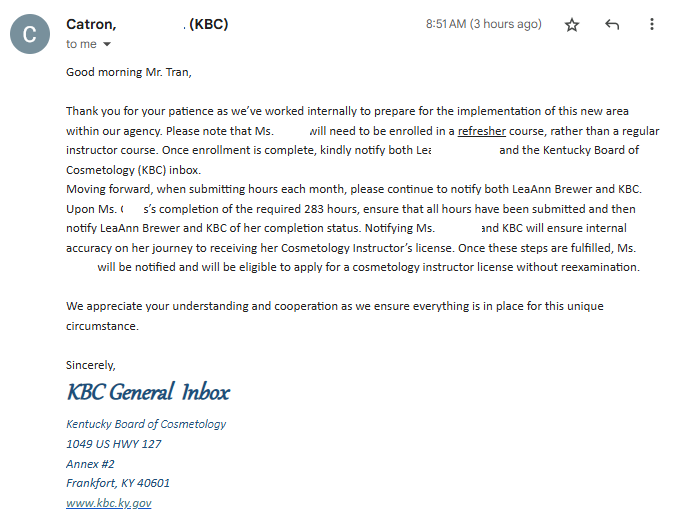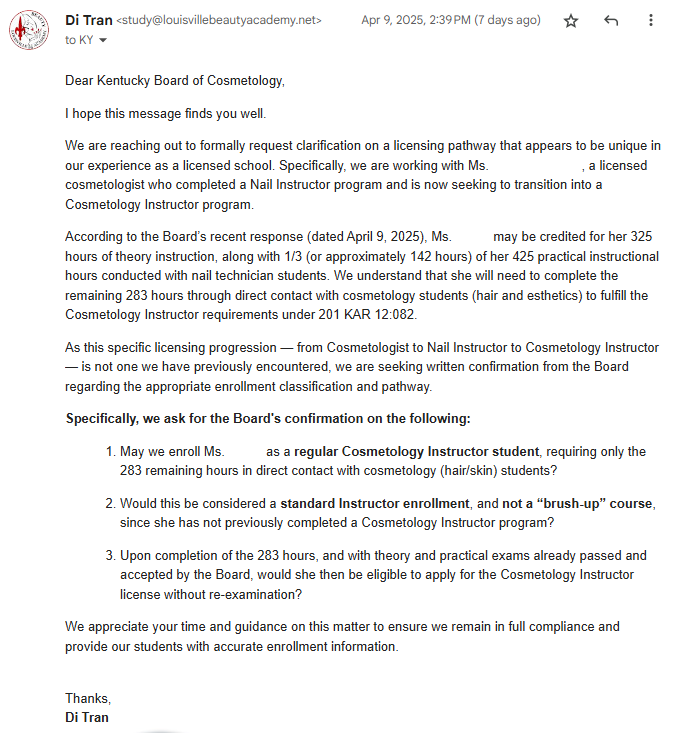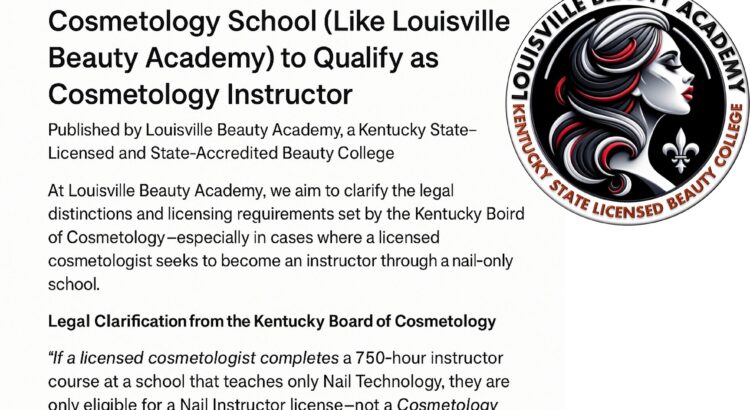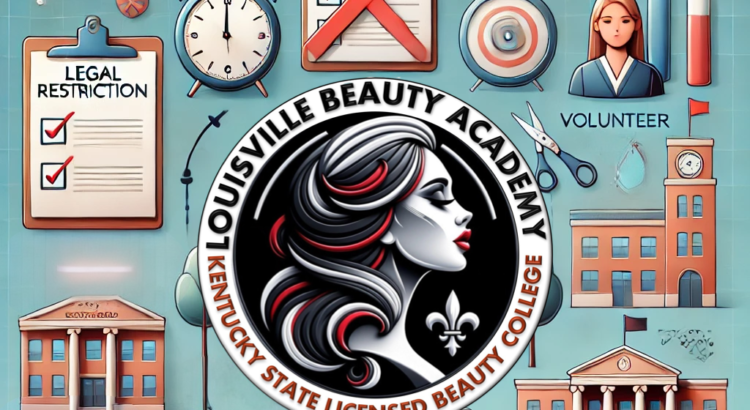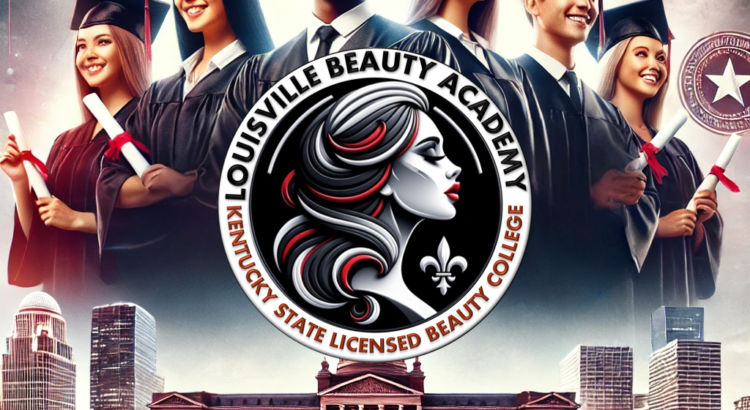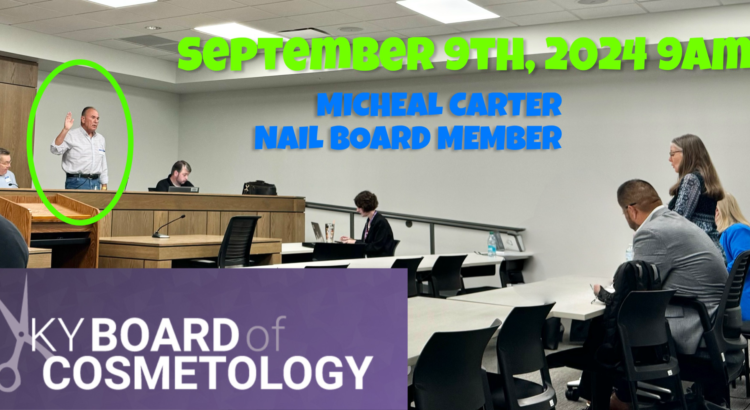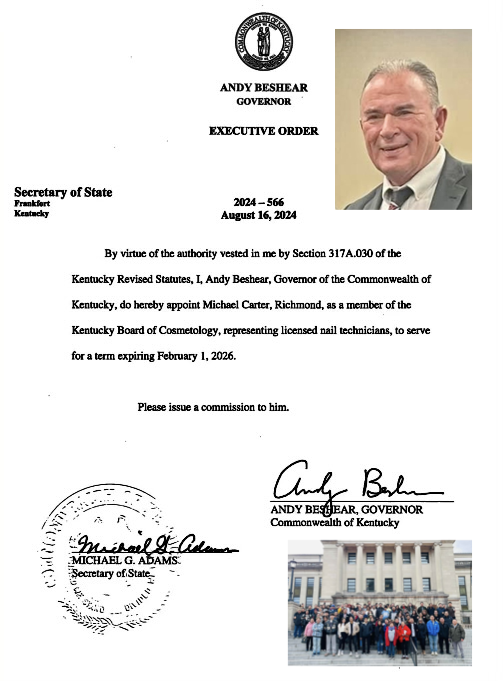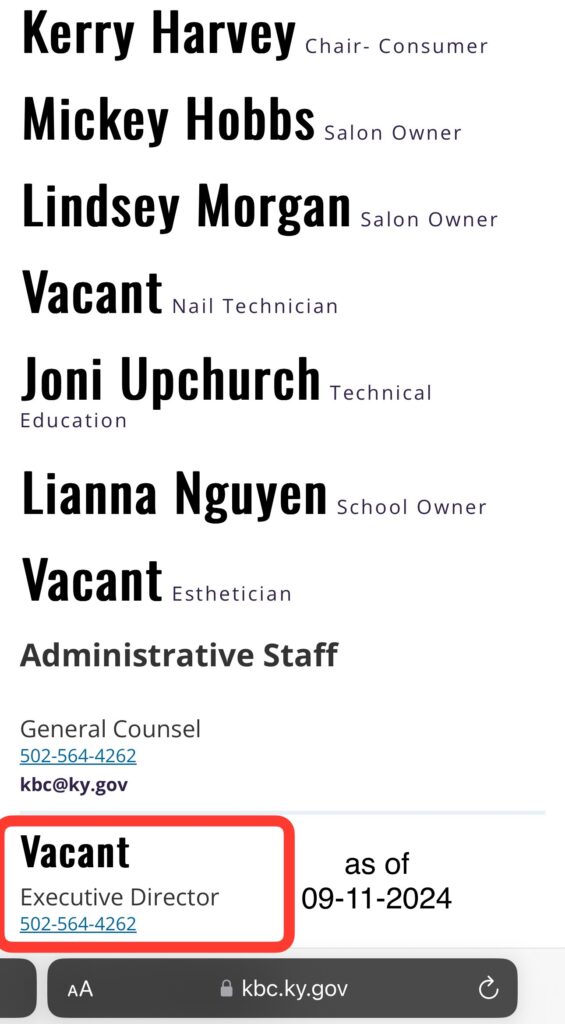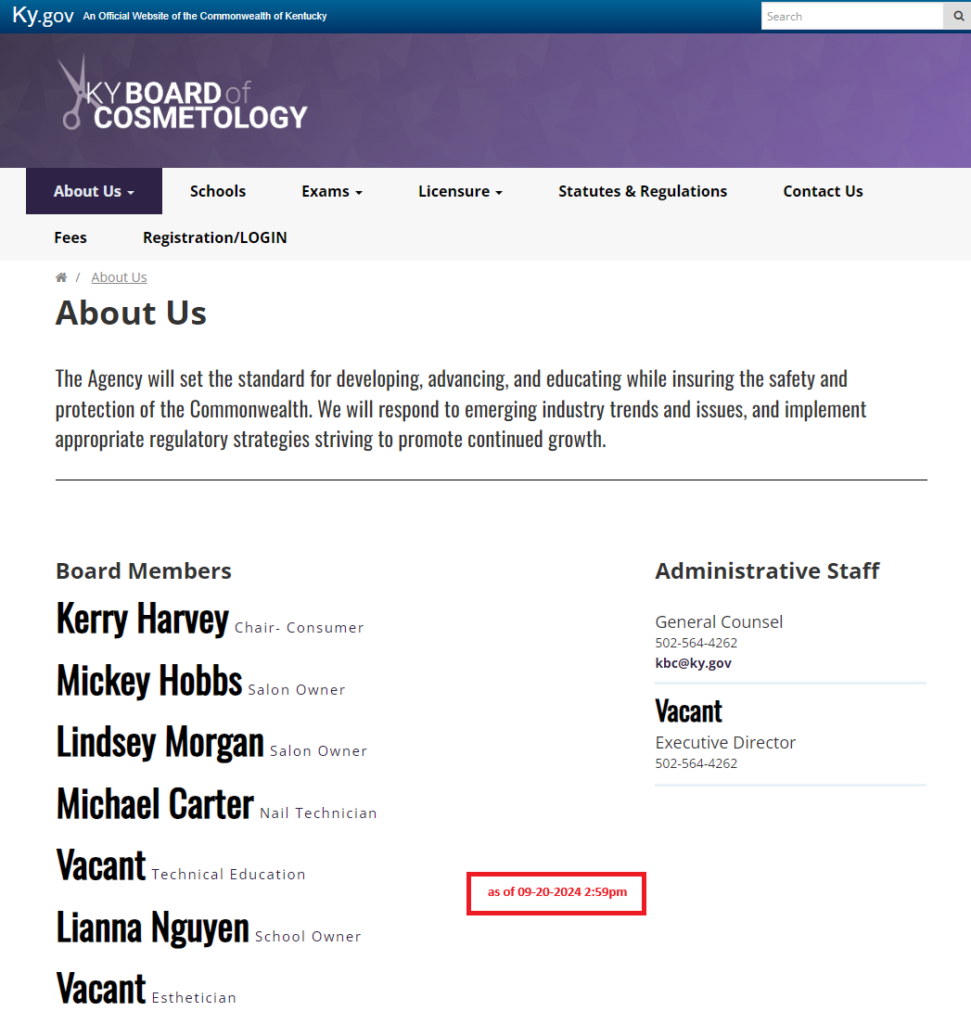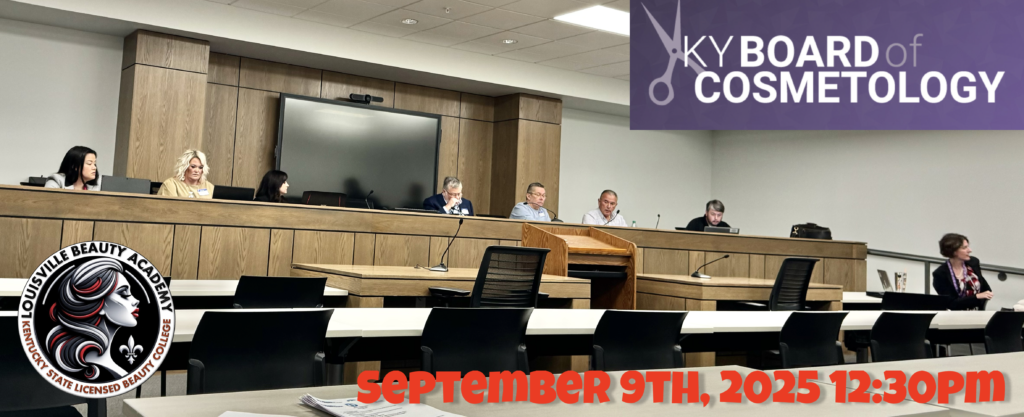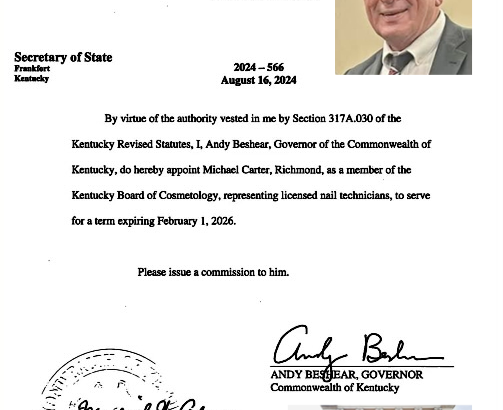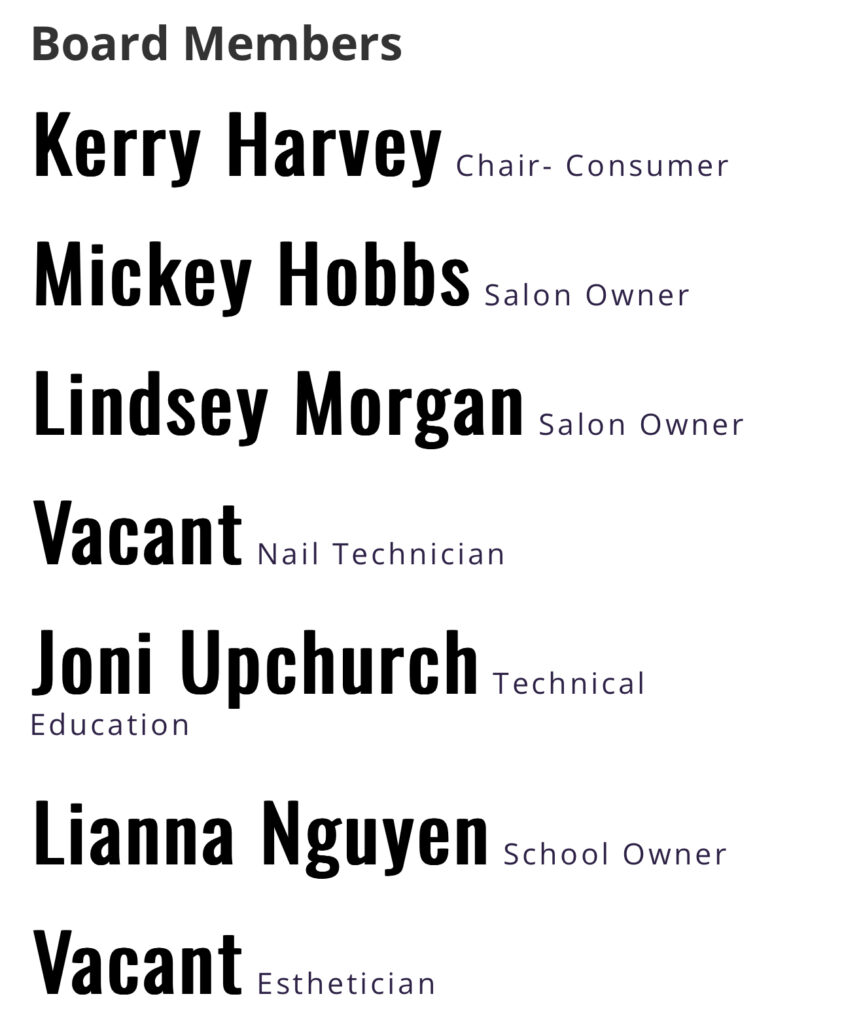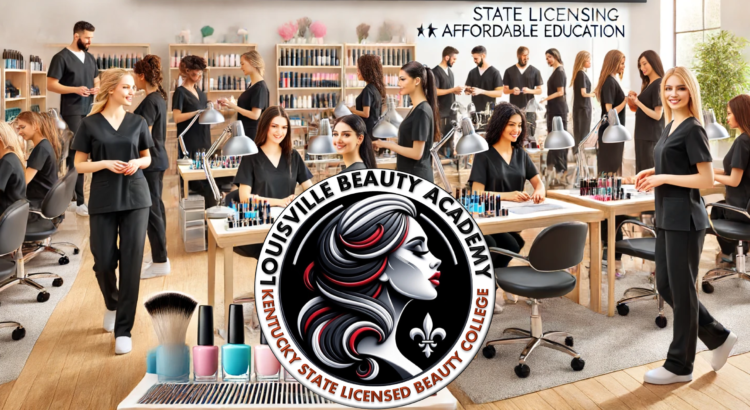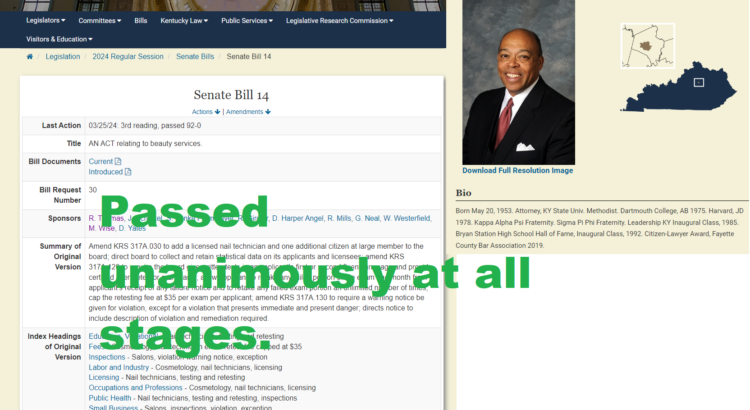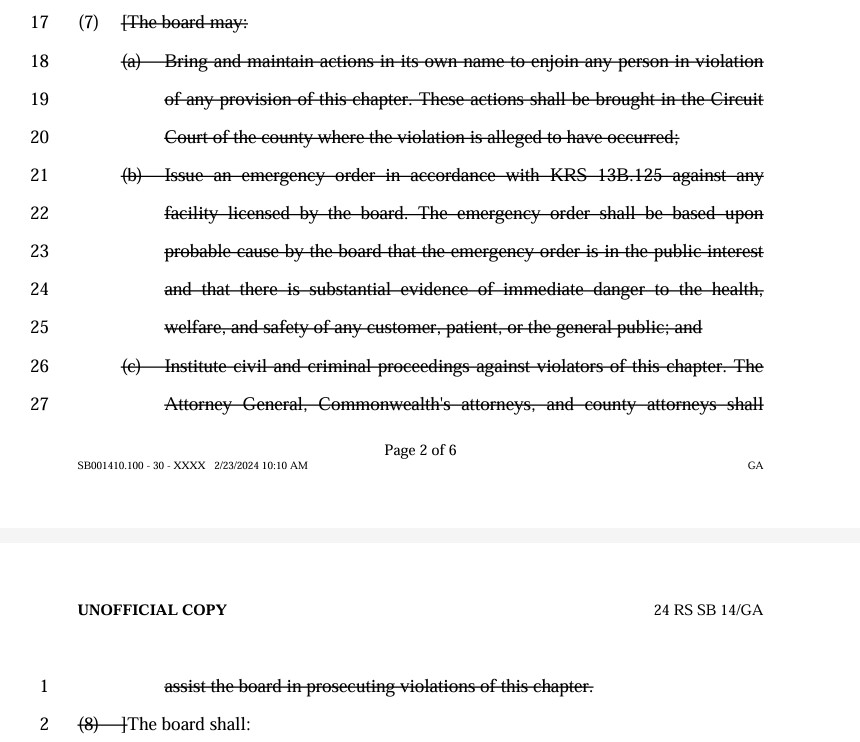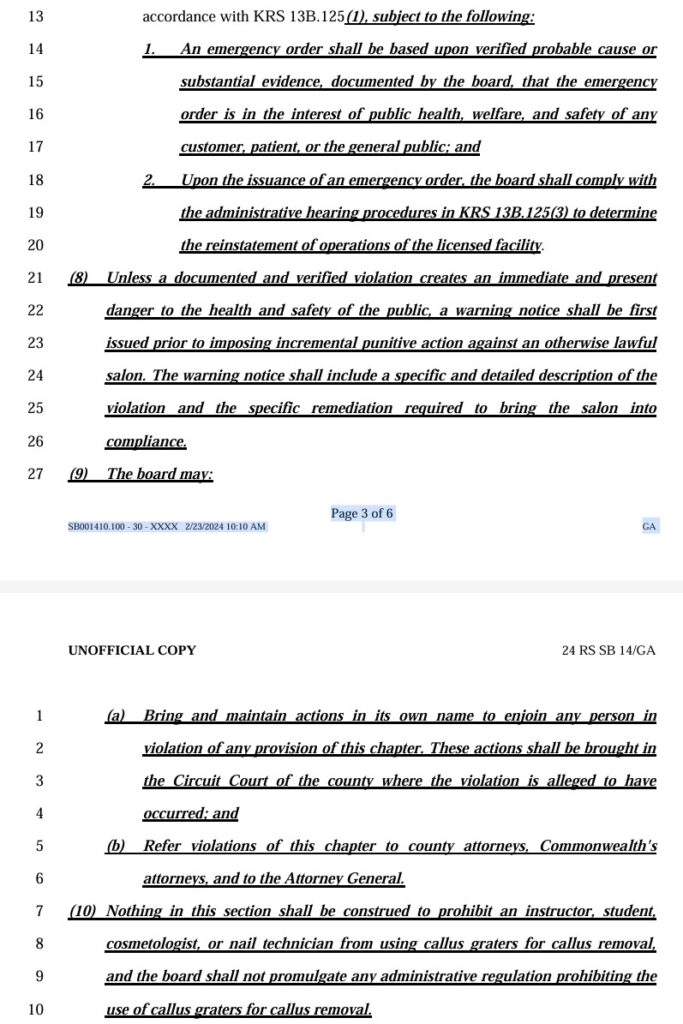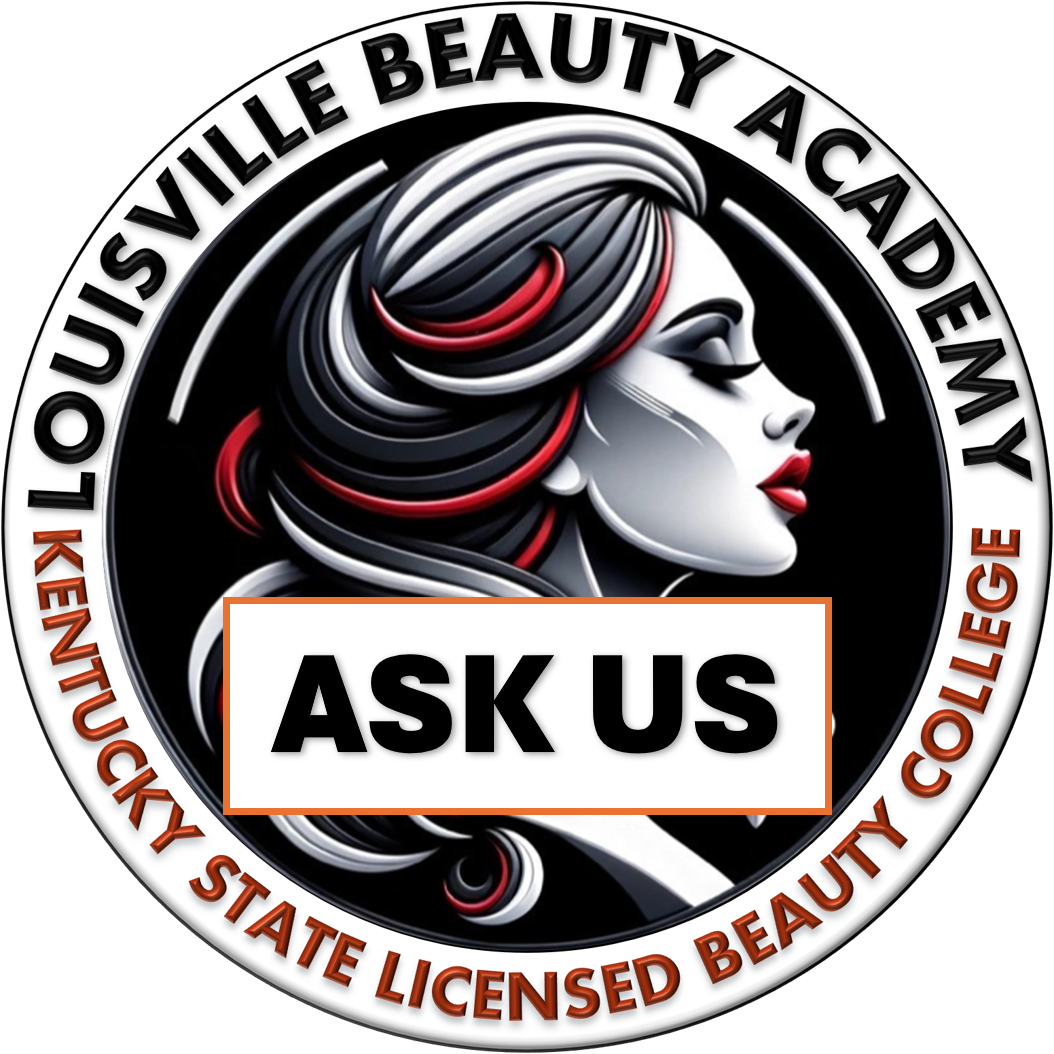At Louisville Beauty Academy, we are committed to upholding transparency, legality, and full compliance with Kentucky State Board of Cosmetology regulations. As a state-licensed and state-accredited beauty college, we aim to empower our students, alumni, and aspiring professionals with accurate information—particularly as they advance their careers in beauty education.
This article addresses a common question we have encountered:
Can a licensed cosmetologist who completed a Nail Instructor program at a state-licensed school later become a Cosmetology Instructor without repeating the entire 750-hour program?
🔎 Legal Clarification from the Kentucky Board of Cosmetology
In a formal response dated April 9, 2025, the Kentucky Board of Cosmetology (KBC) clarified the legal framework and hour requirements for this unique licensing path.
A licensed cosmetologist who completes a 750-hour Nail Instructor program—at a school specializing only in nail technician curriculum—is not automatically eligible to apply for a Cosmetology Instructor license.
This is because the 425 hours of practical instruction in the Nail Instructor program do not include required direct contact with students in hair or esthetics—an essential requirement under 201 KAR 12:082 for Cosmetology Instructor licensure.
✅ What Credit Can Be Transferred?
KBC does, however, allow the following:
- ✅ Full credit for the 325 theory hours, as theory content overlaps across specialties.
- ✅ Partial credit (1/3) of the 425 practical hours conducted with nail students, totaling approximately 142 hours.
As such, the cosmetologist-turned-nail-instructor must enroll in a refresher cosmetology instructor course to complete the remaining 283 hours, specifically in:
- Direct contact with cosmetology (hair and esthetics) students
📝 Enrollment Classification and Next Steps
According to the KBC’s guidance:
- This is not considered a standard instructor enrollment or a full new program.
- This is categorized as a refresher course, tailored to fulfill the missing 283 hours of specialty-specific instruction.
- Once the 283 hours are completed and reported to the Board, the individual may apply for the Cosmetology Instructor license without reexamination, as long as theory and practical exams were already passed under the Nail Instructor program.
📢 Important for Schools and Students to Understand
This clarification is crucial for schools and individuals planning to transition from nail-focused instruction to broader cosmetology instruction. It is a legal requirement that instruction experience includes content related to all areas of cosmetology—not just nails.
Any school marketing or enrolling students into an instructor program must clearly outline these regulatory distinctions to remain in compliance.
🎓 Our Commitment at Louisville Beauty Academy
As a Kentucky state-licensed and state-accredited institution, Louisville Beauty Academy proudly offers the full spectrum of Kentucky Board-approved licensing programs, including:
- ✅ Cosmetology
- ✅ Nail Technology
- ✅ Esthetics
- ✅ All Instructor Courses
Whether you’re beginning your beauty career or transitioning into education, we are the only school in the state of Kentucky that teaches every Kentucky state licensing beauty course—so no matter your journey, you are fully covered and supported at every step.
📧 For More Information or to Enroll
Email: study@louisvillebeautyacademy.net
Text or Call: 502-625-5531
Website: www.LouisvilleBeautyAcademy.net
Louisville Beauty Academy – Your Legal, Affordable, Debt-Free Pathway to Licensed Success in Beauty Education.
